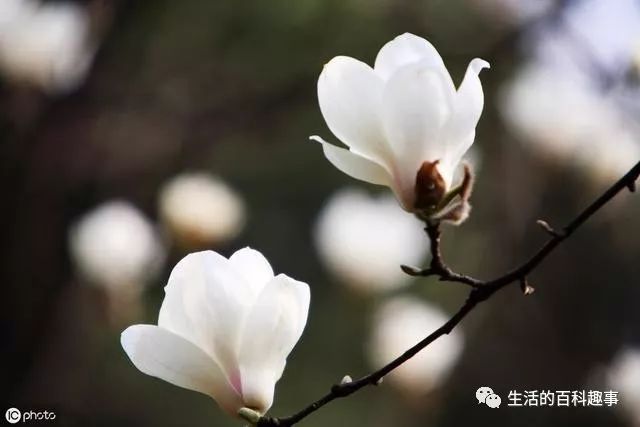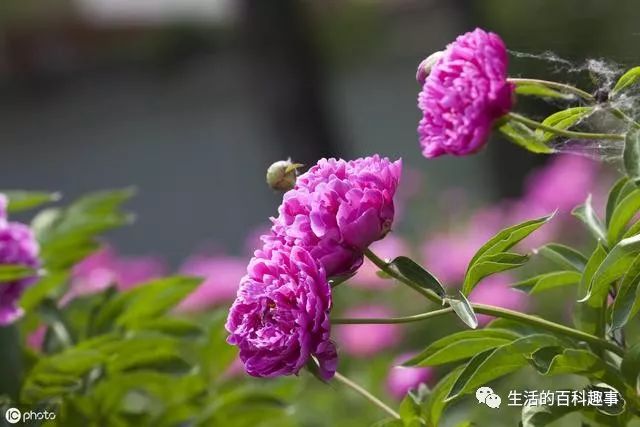Recently, a friend mentioned that they feel cold from the navel down and often experience a bitter taste and dry mouth. Their urine is very yellow and foul-smelling, and they frequently have diarrhea. They prefer drinking warm water and often drool while sleeping, unsure of what the issue might be.This friend’s symptoms actually indicate liver and gallbladder damp-heat and spleen and stomach yang deficiency.

What is Liver and Gallbladder Damp-Heat?
Liver and gallbladder damp-heat, as the name suggests, is caused by damp-heat qi invading the liver and gallbladder, leading to the leakage of bile resulting in jaundice, which manifests as yellowing of the eyes and body, with a bright orange color; urine is short, red, and has a strong odor, while the stool is foul-smelling and difficult to tolerate.Patients often feel a sensation of heat in the body, with distension and pain in the hypochondrium, and a burning sensation; turbid qi rising can cause dry mouth and bitter taste, as well as halitosis, leading to embarrassment in daily life. Additionally, damp-heat stagnation impairs the spleen and stomach’s ability to regulate, resulting in a lack of appetite and a feeling of abdominal distension after eating even a small amount.Examining the tongue of someone with liver and gallbladder damp-heat, it appears red with a yellow, thick, and greasy coating; the pulse is rapid, and feeling the pulse is akin to touching a guitar string, preventing clear qi from rising and turbid qi from descending.

What is Spleen and Stomach Yang Deficiency?
Spleen and stomach yang deficiency refers to the deficiency of yang qi in the spleen and stomach, characterized by the presence of internal cold. This includes both spleen yang deficiency and stomach yang deficiency (some believe it refers solely to spleen yang deficiency), often caused by dietary irregularities, excessive consumption of cold foods, overexertion, prolonged illness, or emotional stress damaging the spleen.Symptoms of spleen yang deficiency may include poor appetite, abdominal distension, pain in the epigastric region that prefers warmth and pressure, a lack of thirst, cold extremities, diarrhea, or edema in the limbs, a preference for warmth, clear and frequent urination, and in women, a copious and thin vaginal discharge. The tongue appears pale, swollen, and tender, with a white and moist coating, and the pulse is deep and slow.Moreover, since the spleen and stomach govern the body’s fluids, spleen and stomach yang deficiency disrupts the movement of fluids, naturally leading to the rise of yin fire, which can cause symptoms of excess heat.For those with excess heat due to spleen and stomach yang deficiency, various symptoms may arise, such as a person who usually has a large appetite becoming disinterested in food, feeling that nothing tastes good, and often feeling fatigued and unrested. Due to the yang deficiency leading to excess heat, symptoms like dizziness and sore throat may also occur.

How to Improve Coexisting Damp-Heat and Yang Deficiency?
First, eliminate damp-heat, then improve yang deficiency.1. For liver and gallbladder damp-heat, the method used isImprovement Method: Long Dan Cao (Gentian Root) Decoction, where Long Dan Cao is the monarch herb, which is very bitter and cold, effectively draining liver and gallbladder excess heat and dispelling damp-heat from the liver channel; Huang Qin (Scutellaria) and Zhi Zi (Gardenia) in this formula serve to clear heat and dry dampness, enhancing the fire-draining and damp-dispelling effects of Long Dan Cao.Additionally, Ze Xie (Alisma), Mu Tong (Akebia), and Che Qian Zi (Plantago) can help drain damp-heat, expelling it from the liver channel through urination. For liver excess heat and damp-heat, since the formula contains many bitter and drying herbs, it can easily injure yin and blood, so Dang Gui (Angelica) and Sheng Di Huang (Rehmannia) are added to nourish yin and blood, thus expelling pathogens while preventing damage to the body’s foundation.

It is worth mentioning that since this affects the liver and gallbladder, it can easily lead to stagnation of liver qi, so Chai Hu (Bupleurum) is added, which is particularly suitable for those who are prone to irritability. Furthermore, Chai Hu also acts as a guiding herb, directing the aforementioned herbs into the liver channel for more pronounced effects.2. For spleen and stomach yang deficiency, the method used isImprovement Method: Fu Zi Li Zhong Wan (Aconite Decoction). Fu Zi (Aconite) is very pungent and hot, capable of dispelling cold, and when combined with Gan Jiang (Dried Ginger), it warms the spleen and stops diarrhea. Ren Shen (Ginseng) replenishes the original qi of the spleen and stomach, Bai Zhu (Atractylodes) strengthens the spleen and dries dampness, while Gan Cao (Licorice) tonifies the spleen and benefits the stomach, harmonizing the effects of various herbs.This mild-acting Fu Zi Li Zhong Wan is effective for spleen and stomach cold weakness, abdominal cramping, vomiting and diarrhea, and lack of appetite.
In Summary:
Liver and gallbladder damp-heat: dry mouth and bitter taste; spleen and stomach yang deficiency: diarrhea; damp-heat and yang deficiency coexist, and two methods can help improve the condition. However, since each person’s constitution is different, it is necessary to consider individual patterns when using herbs.【Disclaimer】: Articles reproduced from other platforms or media will be credited to the source and author, but we do not guarantee the accuracy, reliability, or completeness of the content, and it is for reference only. This public account is intended for learning and appreciation, not for any commercial profit. If there is any infringement, please contact this platform and provide relevant proof, and we will correct the source and author or delete the article based on the copyright owner’s opinion, and we do not bear any other responsibility.

